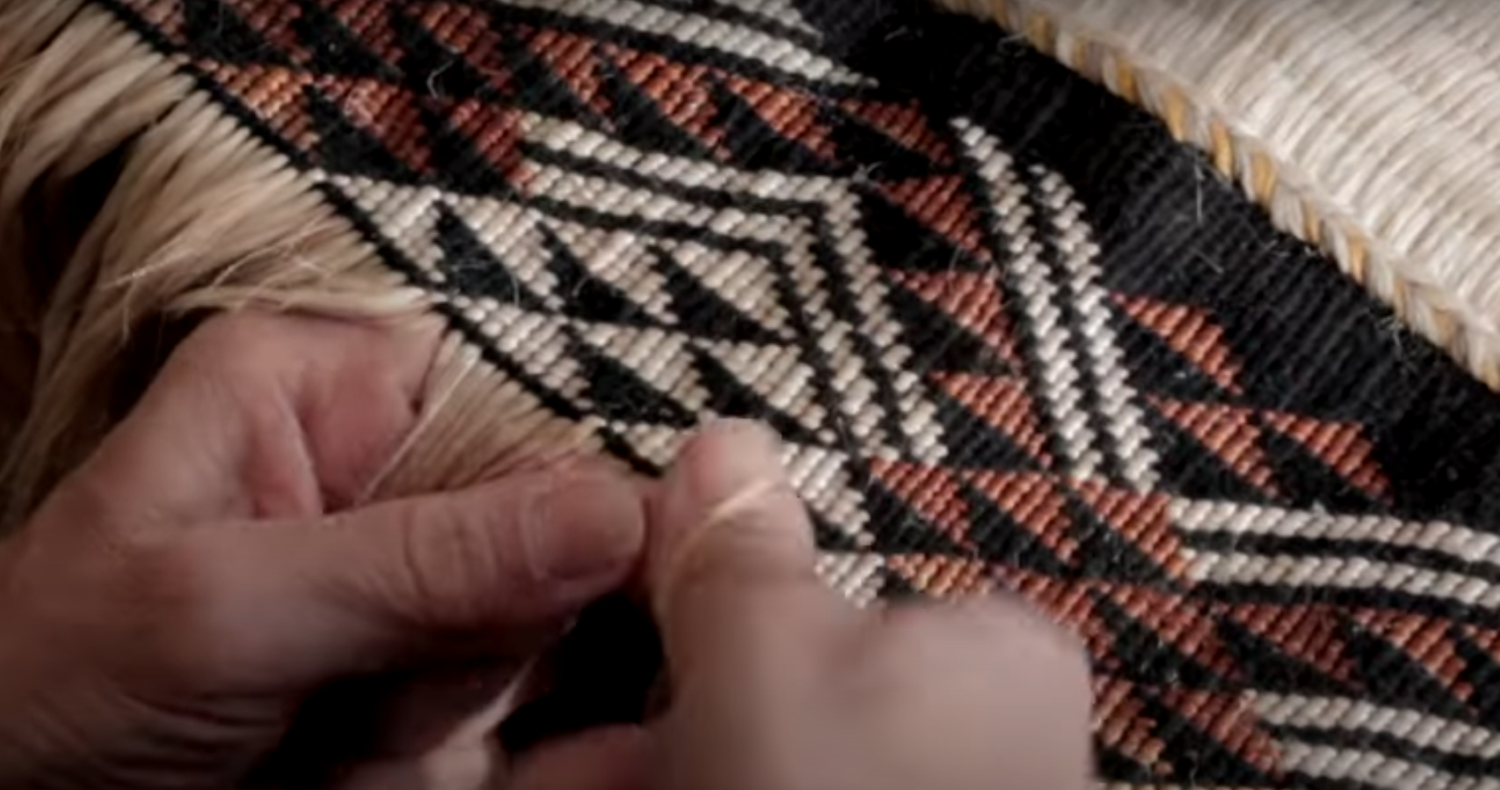Painful treatment for rheumatic fever might be on course for change with a Wellington-based trial showing 95 per cent of patients preferred penicillin injections into abdominal tissue under the skin, reporting it was less painful than traditional treatment.
The trial, a collaboration between researchers at the University of Otago, the University of Auckland, and the Telethon Kids Institute is now being expanded to other areas in a Te Niwha-funded project aimed at minimizing the impact of this preventable auto-immune disease on the lives of patients and their whānau and supporting health professionals involved in its ongoing treatment.
Acute rheumatic fever is a preventable, debilitating and life-threatening disease, initiated by Strep A throat or skin infections. An estimated 60% of cases progress to carditis and permanent heart value damage, known as rheumatic heart disease, which can cause death.
For the past 70 years patients with rheumatic fever have needed to get painful monthly injections of thick penicillin, likened to the texture of toothpaste, in the buttocks causing pain. This is one factor discouraging patients returning for monthly treatments, which they are required to do for a minimum of a decade to prevent disease progression. Barriers like pain and treatment frequency led the team of researchers to investigate new ways to treat RHD, to remove barriers and provide patients with more treatment options.
Early trials by led by Dr Julie Bennett at the University of Otago, Wellington showed that by using a world-first approach of delivering penicillin as an ‘implant’, patients retain the desired medication concentrations for at least three months. The Te Niwha-funded ‘Hurts less, lasts longer’ project will expand the trial into other regions of New Zealand, using a whānau-centered rangatahi Māori and Pacific patient model of care.
LINKS:
| - See how the approach has already improved the lives of patients and their whānau in the Wellington area: SCIP RHD - SubCutaneous Injection of Penicillin to prevent Rheumatic Heart Disease (VIDEO) Credit: Luke Pilkinton-Ching, University of Otago, Wellington, filmed the video. |
 |
- Read about the Te Niwha-funded expansion of this mahi and its whānau-centred approach to best care for rangatahi Māori and Pasifika who are disproportionately affected by this disease:
The Te Niwha-funded ‘Hurts less, lasts longer’ project


